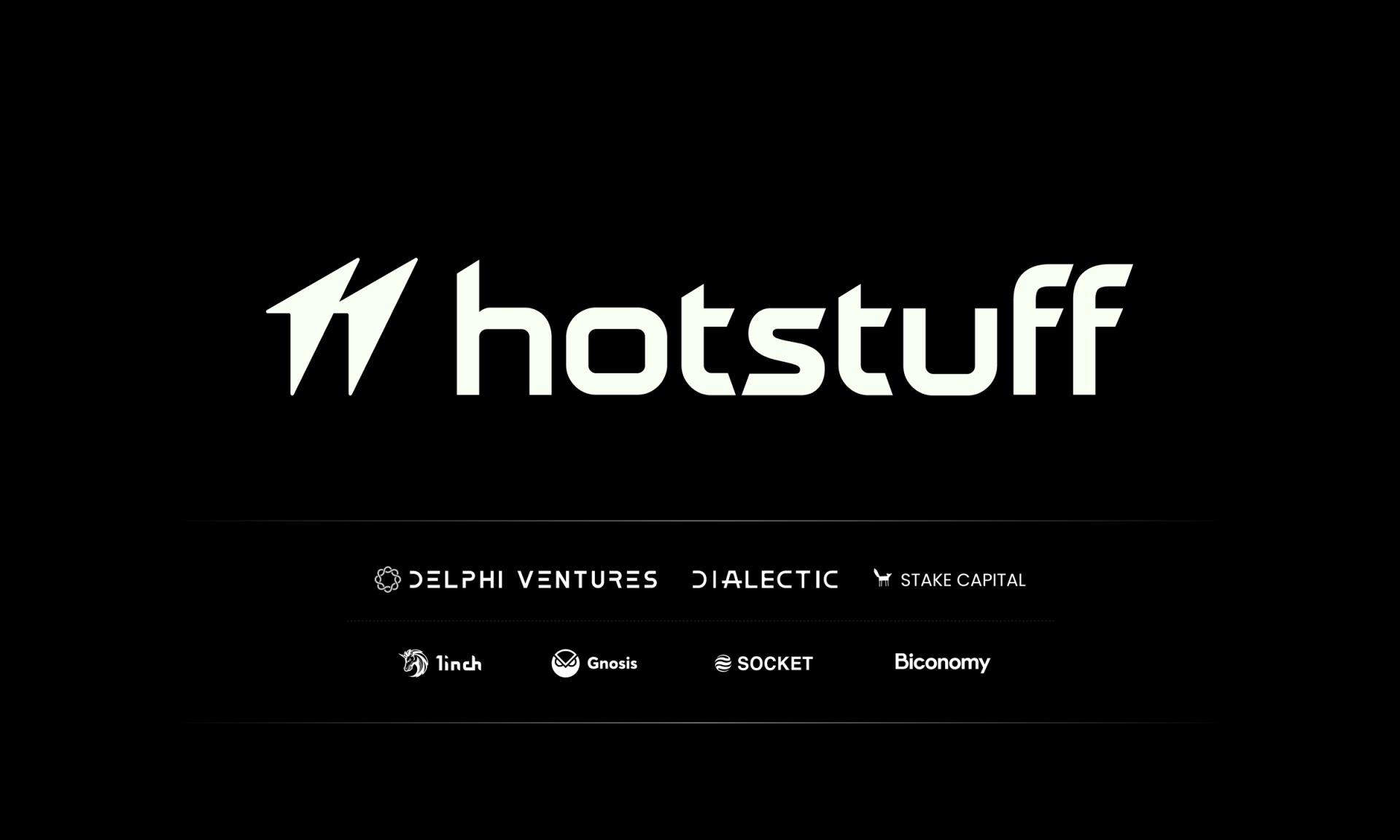Decentralization maximalism is a concept within the decentralized finance (DeFi), blockchain, and cryptocurrency space that promotes the idea that decentralized technologies are superior to all other options. It takes the concept of decentralization to the extreme, advocating for a complete removal of reliance on centralized bodies and authorities.
While maximalism traditionally promotes an excessive and “more is more” approach, decentralization maximalism asserts that its concept, construct, and technology are the ultimate solutions for the future. This belief often leads to the exclusion of alternative options, such as Bitcoin or Ethereum maximalists who argue that these specific blockchains and cryptocurrencies are the only digital assets necessary for the future.
Decentralization, in general, refers to the removal of reliance on centralized entities. It emphasizes the distribution of power and control, allowing for greater freedom, democracy, and lack of censorship. Decentralization maximalism takes this idea to the extreme, arguing that any form of regulation is unnecessary and that centralized entities are prone to failure or corruption.
Proponents of decentralization maximalism highlight the benefits of decentralization, such as enhanced security, transparency, and community-driven decision-making processes. They argue that decentralized technologies have the potential to revolutionize industries by eliminating middlemen and intermediaries.
However, it is important to consider the drawbacks of decentralization as well. While decentralization promotes freedom, it can also lead to a lack of unified vision and inefficient decision-making processes. In extreme cases, a complete absence of regulation and governance can result in anarchy and chaos.
For example, the decentralized nature of blockchain technology allows for anonymous transactions and interactions. While this provides privacy and security benefits, it also creates opportunities for malicious behavior. Without any form of regulation, it becomes challenging to deter and address illegal activities conducted using blockchain and DeFi platforms.
Despite the drawbacks, decentralization maximalists believe that the benefits of decentralized technologies outweigh the potential risks. They argue that the future should be built on the principles of decentralization, where power is distributed and controlled by the community rather than centralized authorities.
Who is Marco De Rossi?
Marco De Rossi is the President and Co-founder of HAL, a company that aims to simplify access to blockchain infrastructure for developers, protocols, and companies. With a background in Economics and Arts, Marco is an experienced speaker and has a wealth of experience in the tech space as a programmer, digital marketing consultant, and journalist.
Marco’s vision for the future tech landscape is one where companies and developers can choose to integrate decentralized technologies based on their specific trust requirements. He believes that decentralization should not be seen as a one-size-fits-all solution but rather as a tool that can be customized and adapted to individual needs.
In addition to his role at HAL, Marco is also the founder of WeSchool, a leading EdTech company with over 2 million users. His experience in the education industry has given him a unique perspective on the potential of decentralized technologies to transform various sectors.
What is Introducing HAL: Simplifying Access to Blockchain Infrastructure?
HAL is a Web3 data infrastructure tool that aims to democratize and streamline access to blockchain infrastructure. It provides developers, protocols, and companies with a simplified way to track, monitor, and trigger data through simple APIs and push notifications.
The mission of HAL is to bridge the gap between decentralized and centralized technologies, making it easier for businesses to adopt and integrate blockchain solutions. By providing a user-friendly interface and abstracting the complexities of blockchain technology, HAL enables developers to focus on building applications and services without worrying about the underlying infrastructure.
With HAL, developers can leverage the benefits of decentralization, such as enhanced security, transparency, and immutability, while also maintaining the convenience and scalability offered by centralized systems. By combining the strengths of both decentralized and centralized technologies, HAL aims to accelerate the adoption of blockchain across various industries.
What is the conclusion?
Decentralization maximalism is an extreme concept within the realm of decentralized finance, blockchain, and cryptocurrency. It advocates for the complete removal of reliance on centralized entities and promotes the superiority of decentralized technologies. While there are valid benefits to decentralization, it is important to consider the drawbacks and the need for some level of regulation and governance to ensure safety and security.
Companies like HAL are working to simplify access to blockchain infrastructure and bridge the gap between decentralized and centralized technologies. By providing user-friendly tools and interfaces, they aim to empower developers and businesses to leverage the benefits of decentralization while maintaining the convenience and scalability of centralized systems.
As the blockchain and DeFi space continues to evolve, it is essential for newcomers to understand the different perspectives and approaches within the industry. Decentralization maximalism is just one viewpoint, and it is important to critically evaluate the benefits and drawbacks of decentralization in order to make informed decisions and contribute to the growth of this transformative technology.














